Torah 20/20
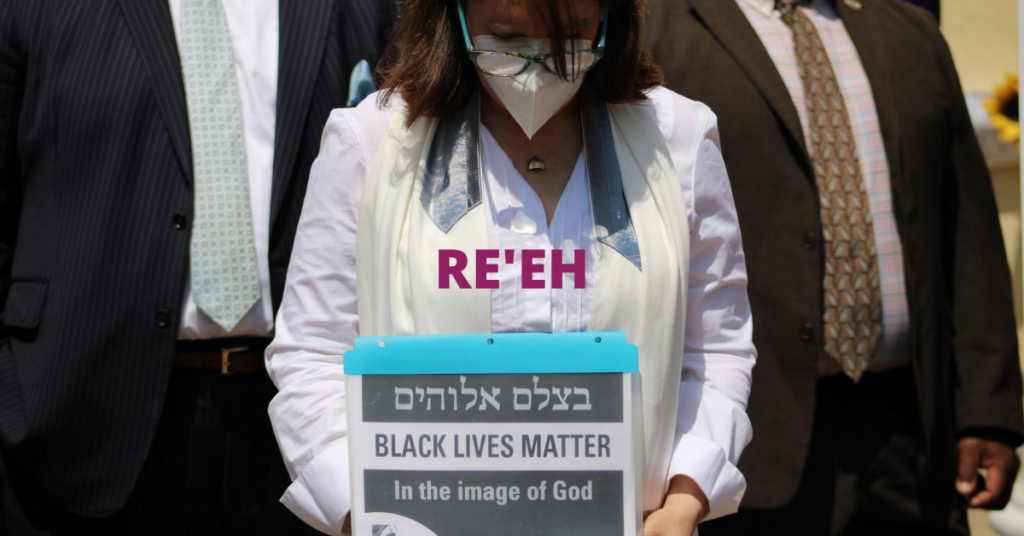
The World as It Is and the World as It Should Be
"As an organizer who encourages people to march for justice and bring their activism to the streets, I often get asked if the signs and slogans of protests are unrealistic, or would turn people away with their seemingly out of reach demands and strong language."
more
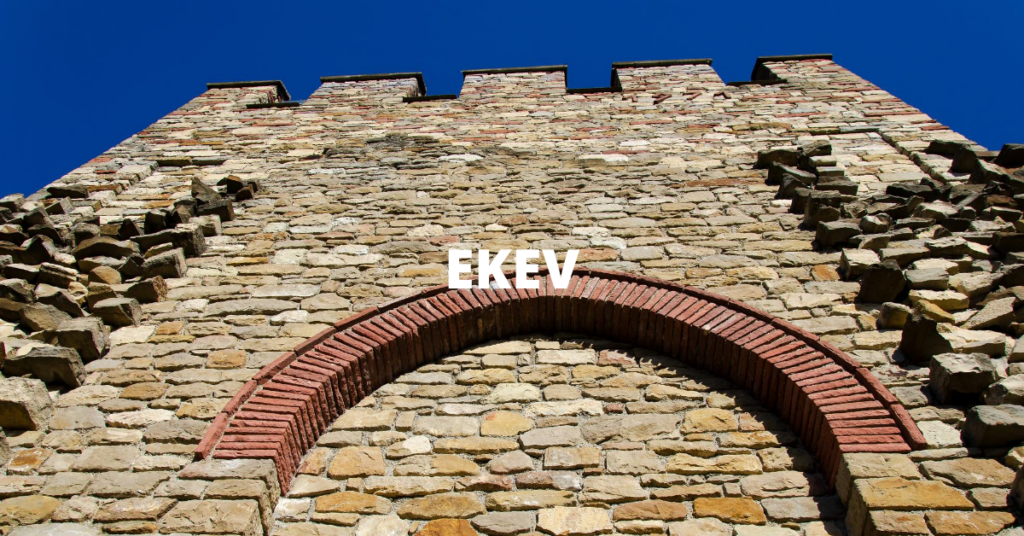
Circumcised Hearts and Stiff Necks
...when we circumcise our hearts we can then turn our necks outward to the world, vulnerable, nakedly open to the experiences of others. The internal work cannot be separated from the work of changing the world, of standing shoulder to shoulder with those who are oppressed. We cannot have one without the other.
more
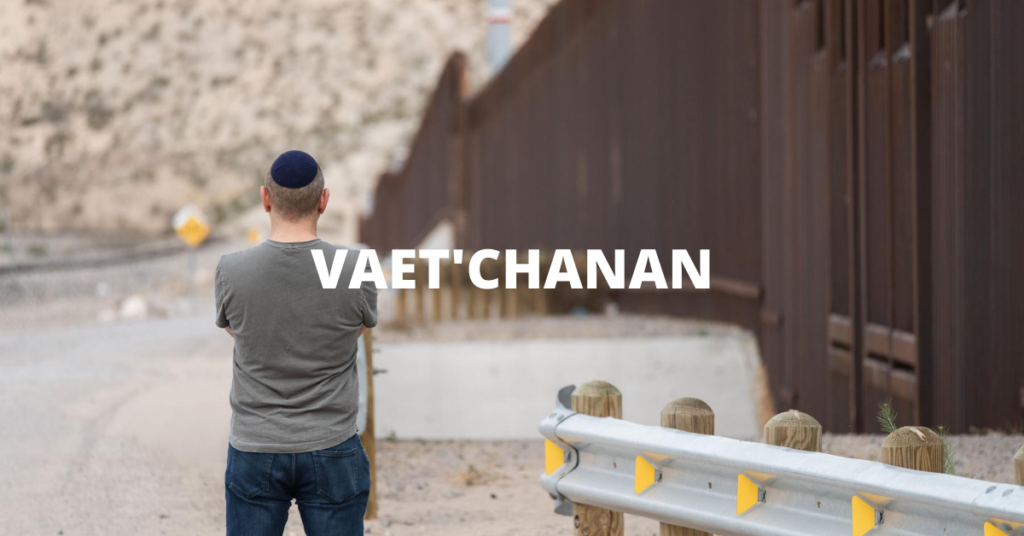
Antisemitism is Not Inevitable
I believe, however, that antisemitism is not eternal or inevitable. It is something we can overcome, if we understand it properly. Common references to antisemitism as “the world’s oldest hatred” obscure the ways that it actually functions and who it benefits.
more
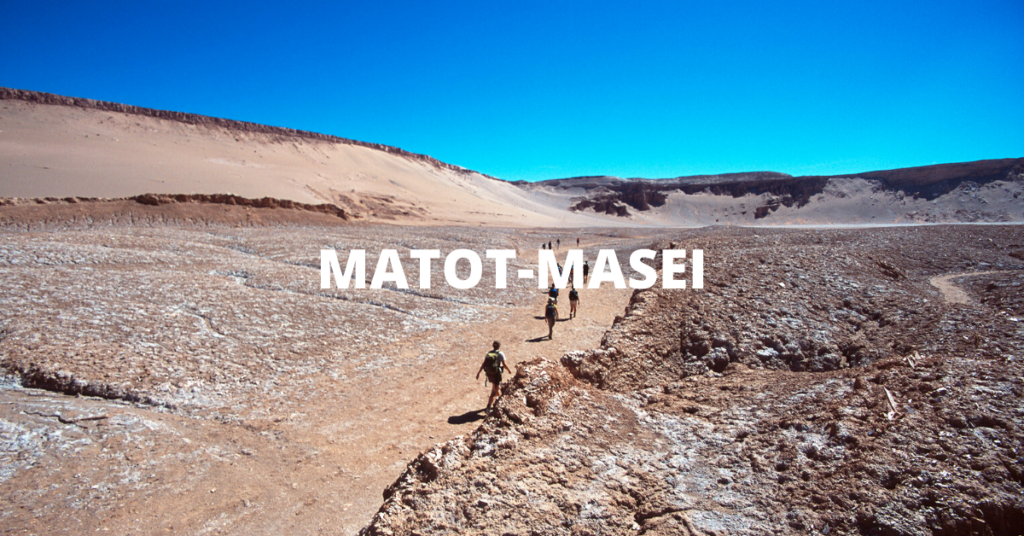
The Daughters Who Roared and Were Heard
If the wood gatherer teaches us about the threat of a raid on the commons, the sisters reinforce the lesson by anticipating a more subtle version of it. Consider what would have happened had the daughters not acted. In short, Zelophehad’s brothers likely would have fought over who should get their brother’s land. At the extreme, if all it takes to inherit land is to be the last brother standing, we face the dire prospect of a fratricidal free-for-all.
more
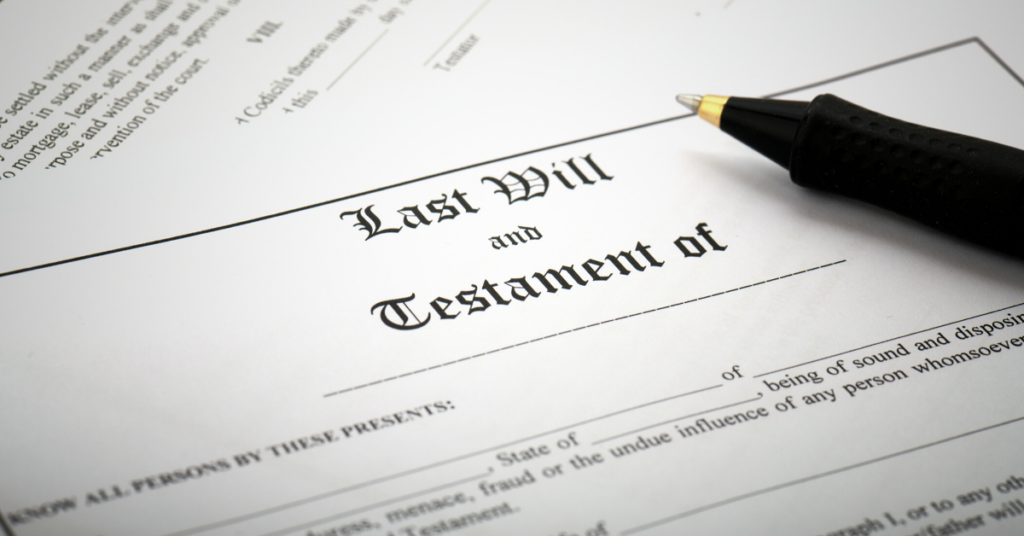
To Transform Our Economic System, We Need to Challenge Inheritance
Mahlah, Noa, Hoglah, Milcah, and Tirzah, the daughters of Zelophehad, recognize and name another crisis, which is that the inheritance laws are set so that families with only daughters are unable to inherit land and instead their families lose their access to land. The five women respond powerfully to the crisis of their father’s death, and a structural shortcoming, with an eye towards intergenerational shifts rather than short-term reform.
more

Purell, Red Heifers, and Why Not Being Racist Isn’t Enough
And at some point, I looked down at my hands and my children’s hands, spotless from washing, no dirt under our nails, and I thought about the historical chain of racist violence and state-sanctioned brutality that our hands grasped. Our social system makes certainty of our cleanliness an impossibility. Quite the opposite: we are all unclean, no matter how much we may have washed.
more

The Problem with Korach is the Problem with “All Lives Matter”
Both of Korach’s challenges have the same structure. Korach rejects the notion that something small— either tzitzit or mezuzah—could be more important than something big. In opposing tzitzit to a blue tallit and mezuzah to a houseful of scrolls, the midrash picks up on Korach’s tactic of putting Moses and Aaron in opposition to “all of the community.” Korach invokes the whole, promoting the general over the specific, the greater over the lesser. He fails to recognize that in Torah, the detailed particulars make all the difference. In the realm of ritual as in the domain of justice, the demands of righteousness are precise.
more
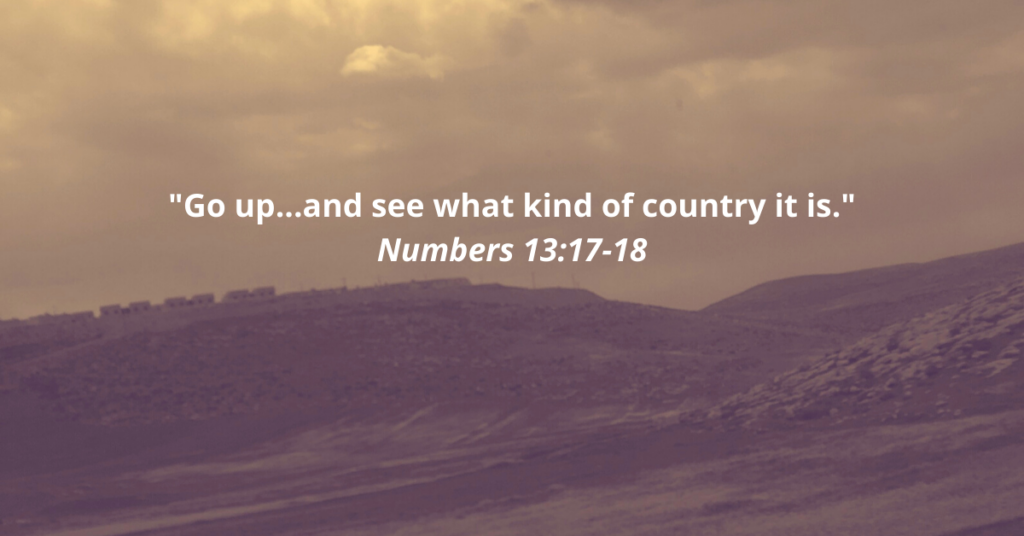
A New Way of Experiencing Ancient Texts
My Torah for this week urges each of us to walk into the unknown. Let our written lines, mixed in with the words of others--ancient and contemporary--make a path, embodied.
more

Our Best Leaders May Be Those with the Least Power
A d’var Torah for Parshat Beha’alotecha by Matt Nosanchuk. Leadership lies at the center of our Jewish communal discourse, and rightfully so. Through tough times biblical, historical, and present, Jews have relied on a wide range of leaders, including patriarchs and matriarchs, kings and queens, prophets and prime ministers, soldiers and scholars, and, of course,...
more
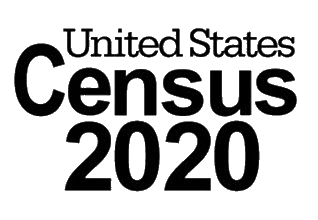
Counting everyone, including the stranger, for the 2020 Census
A d’var Torah for Parshat Naso. “The Eternal one spoke to Moses: Take a census.” This week’s Torah portion, Naso, focuses on one of the multiple censuses that was carried out, the census of the Levites in the desert. This year in the U.S. is our year to carry out the census — to be...
more

